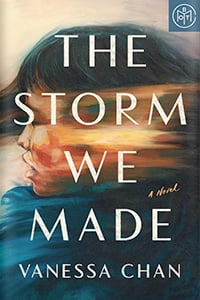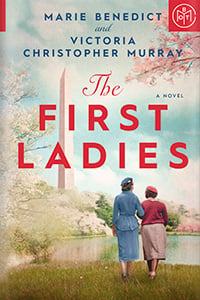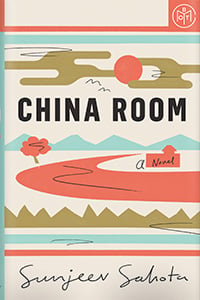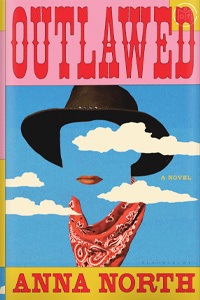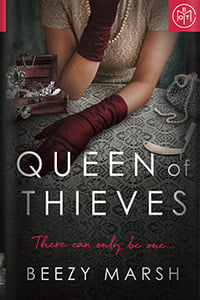

Historical fiction
The Bookbinder
by Pip Williams
Quick take
Refusing to be cowed by the expectations of her gender and class, a young woman hungry for knowledge finds her own way.
Good to know
400+ pages
Book about books
War
Siblings
Synopsis
It is 1914, and as the war draws the young men of Britain away to fight, women must keep the nation running. Two of those women are Peggy and Maude, twin sisters who live on a narrowboat in Oxford and work in the bindery at the university press.
Ambitious, intelligent Peggy has been told for most of her life that her job is to bind the books, not read them—but as she folds and gathers pages, her mind wanders to the opposite side of Walton Street, where the female students of Oxford’s Somerville College have a whole library at their fingertips. Maude, meanwhile, wants nothing more than what she has: to spend her days folding in the company of the other bindery girls. She is extraordinary but vulnerable, and Peggy feels compelled to watch over her.
Then refugees arrive from the war-torn cities of Belgium, sending ripples through the Oxford community and the sisters’ lives. Peggy begins to see the possibility of another future where she can educate herself and use her intellect, not just her hands. But as war and illness reshape her world, her love for a Belgian soldier—and the responsibility that comes with it—threaten to hold her back.
Read a sample
Get an early look from the first pages of The Bookbinder.
Why I love it
Patti Callahan Henry
Author, The Secret Book of Flora Lea
I am enchanted with books about books, stories about the power of story, and tales that reveal the lost narratives of women in places we don’t expect. Pip Williams seems to understand these loves of mine. In her engaging new novel The Bookbinder, she introduces us to Peggy and her vulnerable twin sister Maude, who live on a narrowboat across from Port Meadow in Oxford. Peggy’s wise intellect and captivating prose carry us into the fascinating bookbinding world of The Press during a war that changes a country and its people.
For Peggy, there is a particular agony in touching the typed pages that she folds and sews while being forbidden to indulge in the fullness of the text. Damaged books taken from the bindery to fill their boat, The Calliope, form the only library Peggy may ever enter. Bound by circumstance and duty, a life of literature and education like the one she sees in the Somerville students across the plaza from The Press is meant for other women, but not for her. But when the war arrives in Oxford, men from The Press are sent away, unlikely friendships form, and life unravels as Peggy finally faces her hidden desires.
I was absolutely enthralled by the lush world of 1900s Oxford and the ancient art of bookbinding. With unforgettable characters and a rich landscape, The Bookbinder is an immersive read I didn’t put down until I let out a long sigh on the last page.













